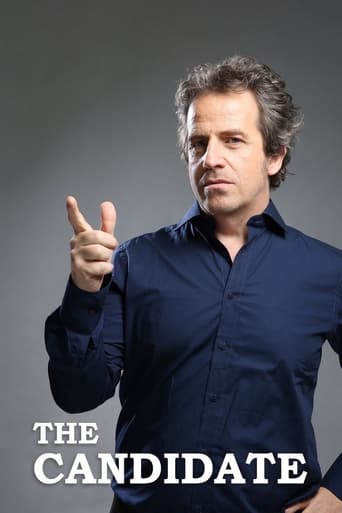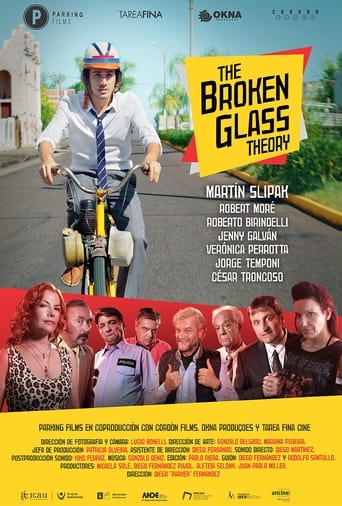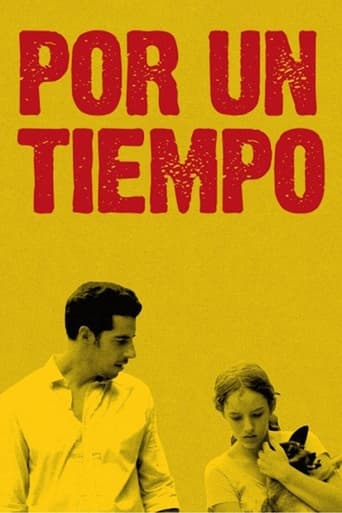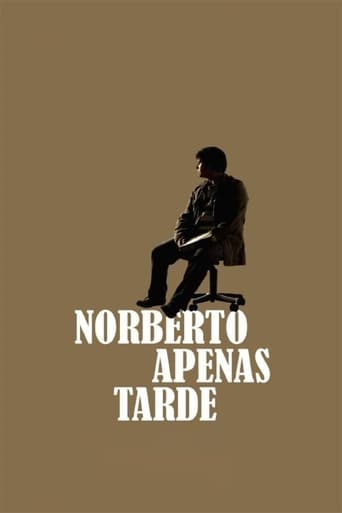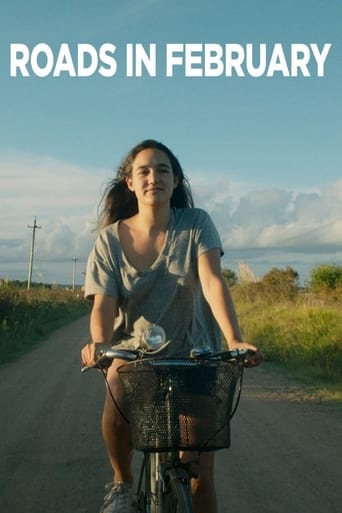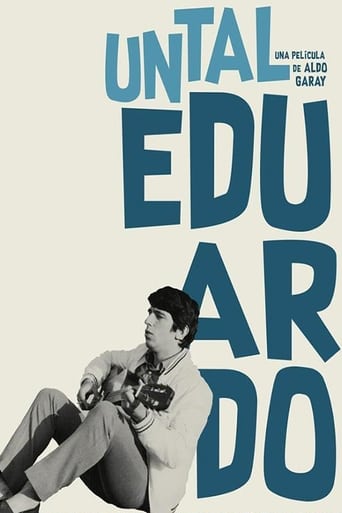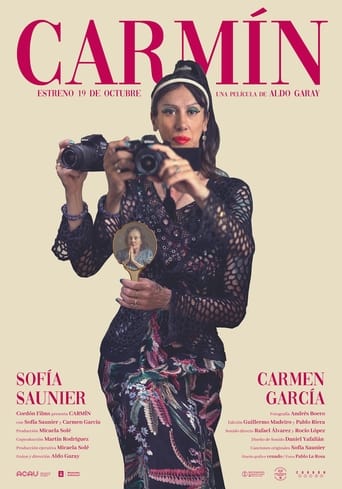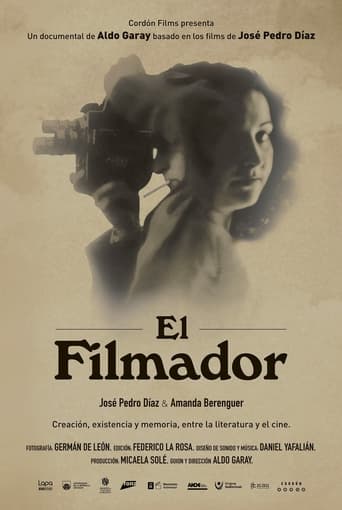The Candidate 2016
A team of advisers is brought in to manufacture the image of Marchand, producing social media profiles, commercials and a new public persona. Conflict arises when it is revealed that not everyone is who they present themselves to be. At his country estate, a rich businessman who wants to be president is groomed by a campaign team to create an image palatable to middle-class voters.
